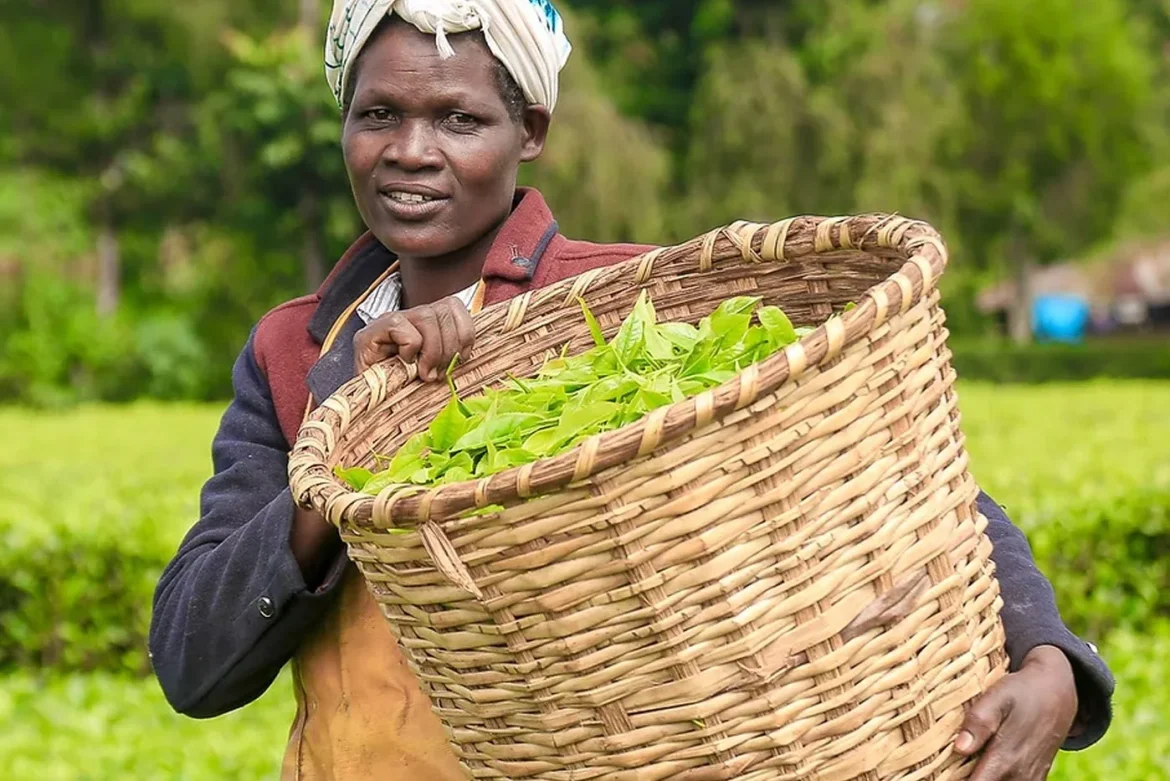Kenya’s tea industry is a global powerhouse, producing the world’s finest black teas from volcanic soils, hand-plucked leaves, and equatorial altitudes that yield a brisk, full-bodied flavor unmatched by competitors.
Ranked third behind only China and India in exports, Kenyan tea accounts for 25% of the global black tea trade, with even its lower grades outperforming those from Sri Lanka or Assam in richness and consistency. Yet, for over 600,000 smallholder farmers who supply 60% of this golden crop, the harvest feels like a curse.
At the heart of this paradox lies the Kenya Tea Development Agency (KTDA), a farmer-owned behemoth managing 71 factories across 21 counties.
What began as a 2000 reform to empower growers has devolved into a labyrinth of graft, where billions vanish into operational costs and rigged auctions, leaving farmers with crumbs while executives amass empires.
A Legacy of Looting: KTDA’s Hall of Scandals
Corruption at KTDA isn’t a glitch, it’s the operating system. Since its inception, the agency has been accused of siphoning funds through opaque mechanisms designed to exploit its own shareholders.
A 2021 audit exposed Sh542 million lost to irregular land deals and inflated legal fees, with reforms stalling amid boardroom battles. In 2024, South Rift factories saw clerks tamper with digital scales, shaving 1.5kg off each 127kg delivery, millions pilfered annually in broad daylight.
Farmers in Bomet and Kericho protest as machines are recalibrated overnight, with fleeing suspects shielded by KTDA’s lax oversight.
The scandals escalate. A 2023 exposé revealed systemic sexual exploitation at KTDA-affiliated sites, yet a named predator promising jobs for favors was elected zonal director in Kericho in 2024.
In Meru, a 2020 class-action suit accused KTDA of underweight bags and faulty scales, delaying interest payments on held funds until October, classic embezzlement tactics.
Then there’s the price discovery racket: 60% of KTDA’s 200 million kg annual output bypasses Mombasa’s auction via private treaties at below-market rates, pocketing billions in kickbacks.
Subsidiaries like Chai Trading and Greenland Fedha are hotbeds: Executives suspended in 2024 for procurement fraud, while directors stash pool funds in collapsing banks like Chase and Imperial, costing farmers Sh4.6 billion.
Enter Simeon Rugutt, KTDA’s Chief Finance and Strategy Director, whose billions in assets, mansions, firms, jets, defy a public servant’s salary. Farmers demand lifestyle audits, suspecting his empire is built on operational costs that ballooned despite stable production.
There’s a mafia controlling KTDA, with cartels misappropriating funds and defying court orders. Even satellite factory splits spark lawsuits, as directors hoard revenues from mother plants, denying independence to 17 units.
Under President Ruto’s watch, a 2025 Sudan import ban, triggered by Kenya’s hosting of RSF summits tied to Ruto’s gold laundering with warlord Hemedti, wiped out a top-five tea market, slashing bonuses without accountability.
Ruto’s strong shilling boasts ring hollow when KPLC cites forex woes for hikes, exposing the selective stability that punishes exporters.
Manufactured Misery: The Excuses That Mask the Theft
Year after year, KTDA peddles the same tired script to justify bonuses plummeting from Sh80/kg (pre-inflation) to Sh32 in 2025: Quality issues, a strong shilling, and high operational costs converge like cosmic bad luck. Nonsense. Kenyan tea’s quality is sacrosanct, its CTC grades blend into PG Tips and Tetley worldwide, outshining Indian or Sri Lankan bulk in robustness.
The shilling’s strength (Sh129/USD in 2025 vs. Sh144 in 2024) conveniently erodes export revenues, yet KTDA ignores how private sales undercut auctions. Operational costs? A black box where Sh340 of every Sh380/kg auction price evaporates, into kickbacks, inflated procurement, and director perks.
Factories declare bonuses unevenly (Sh376 in Murang’a vs. Sh245 in Kericho), blaming market variations while audits reveal manipulation.
In 2024, KTDA dismissed circulating low figures as fake news, delaying announcements to September, buying time to doctor books. These aren’t coincidences; they’re cover-ups for a system where tea sells at Sh380/kg globally, but farmers scrape Sh40, enriching a cabal under Ruto’s hustler facade.
A Call to Uproot the Rot: Farmers, Boycott KTDA Now
Enough. Bonuses aren’t State House handouts for sycophants, they’re rightful shares in a Sh250 billion industry. KTDA’s fraud has impoverished generations, turning emerald fields into debt traps.
The more you supply KTDA, the poorer you become. Boycott today; brew your own revolution tomorrow. The world craves your tea, don’t let thieves dilute your worth.


1 comment
Most of this is AI generated. TF